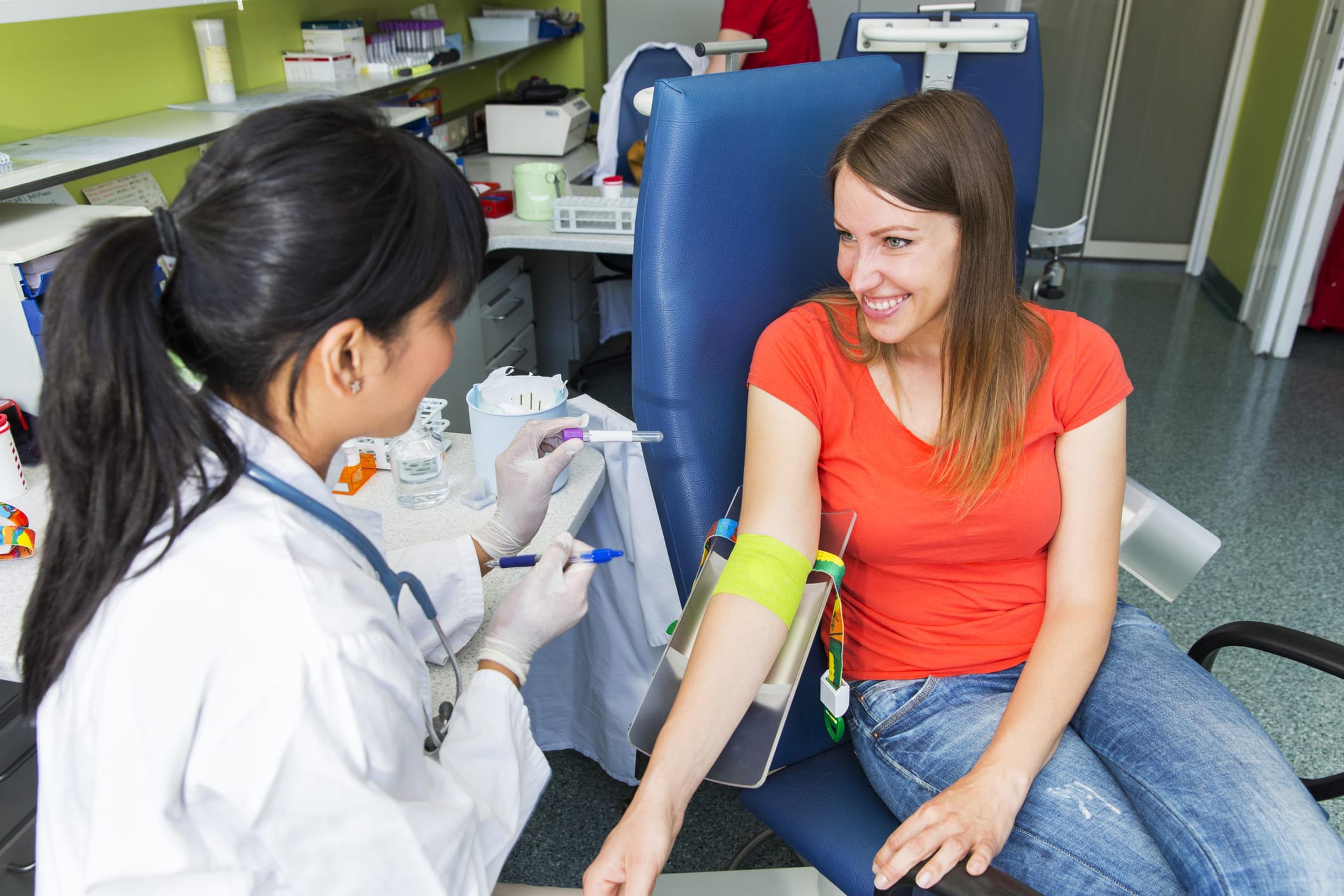Checklist for First-Time Blood Donors
Dr. T. Jann Caison-Sorey
| 3 min read
Dr. T. Jann Caison-Sorey is a pediatrician, adolescent medicine physician and senior medical director at Blue Cross Blue Shield of Michigan.

Every two seconds someone in the United States is in need of blood. Yet, less than 38% of the eligible population donates each year. Since blood platelets can’t be manufactured, donations are a critical resource—especially during the winter, when seasonal illnesses reduce availability. Here’s what every person should know before making their first donation: Donor Eligibility Blood donors must be in good health and weigh at least 110 pounds. They must also pass a mandatory history and physician health assessment. In most states, the minimum age requirement for a contribution is 16 or 17 years old. Yet, minors still require consent from a parent or legal guardian. Donor Restrictions Individuals who have lived in or traveled to certain countries may be unable to donate blood. This includes areas with a high rate of malaria or history of Creutzfeldt-Jakob, a variation of “mad cow disease.” A person may also be declined if diagnosed with Hepatitis B or C, AIDS, HIV, hemochromatosis, sickle cell disease, low iron, tuberculosis or certain blood cancers. Individuals who have engaged in non-prescribed intravenous drug use are also ineligible. For additional restrictions, check the American Red Cross’ complete eligibility criteria list. Medical Conditions and Activities that Require a Waiting Period Not all medical conditions or behaviors prohibit blood donation. Certain cases may result in a brief or extensive waiting period. For example, a person treated for malaria must wait three years, while someone who’s visited a country where malaria is found must wait 12 months. Individuals diagnosed with syphilis or gonorrhea, as well as men who have engaged in sexual activity with other men, are also required to wait 12 months. Additionally, recipients of organ transplants or individuals who have been in jail for more than 72 consecutive hours have a 12-month wait. Women can donate six weeks after giving birth—pregnant women are ineligible due to potential health risks. Individuals taking certain medications may also require a waiting period or preclude blood donation all-together. Preparing for a Donation Individuals should start by getting plenty of rest the night before. Then, eat a healthy meal, high in vitamin C and iron an hour prior to donating. Avoid fatty foods that could cause a sluggish or lethargic feeling. Lean meat, beans, eggs and most produce are optimal choices. Stay hydrated by drinking 16 ounces of water prior to the appointment. This will make it easier to find a vein and help with post-donation recovery. People who take medication should bring a list of their current prescriptions. Also, wear a short-sleeved shirt or one that can be easily rolled up before the procedure. Recovering After a Donation Some people may experience mild effects after a blood donation. This can include dizziness, nausea and light bleeding at the site of withdrawal. Take the following steps to ensure a safe and successful recovery:
- Avoid alcohol for the next 24 hours
- Don’t take aspirin or ibuprofen for up to 48 hours after donating
- Drink an additional 32 ounces of water
- Eat iron-rich foods over the next few days
- Refrain from heavy lifting or strenuous activity the day of donation
Want more content like this? Read these posts:
- What You Need to Know About Blood Donation
- American Red Cross of Michigan: There for You
- Blood Drives Help Employees Give Back
About the Author: Dr. T. Jann Caison-Sorey is a senior medical director at Blue Cross Blue Shield of Michigan. Photo credit: choja





